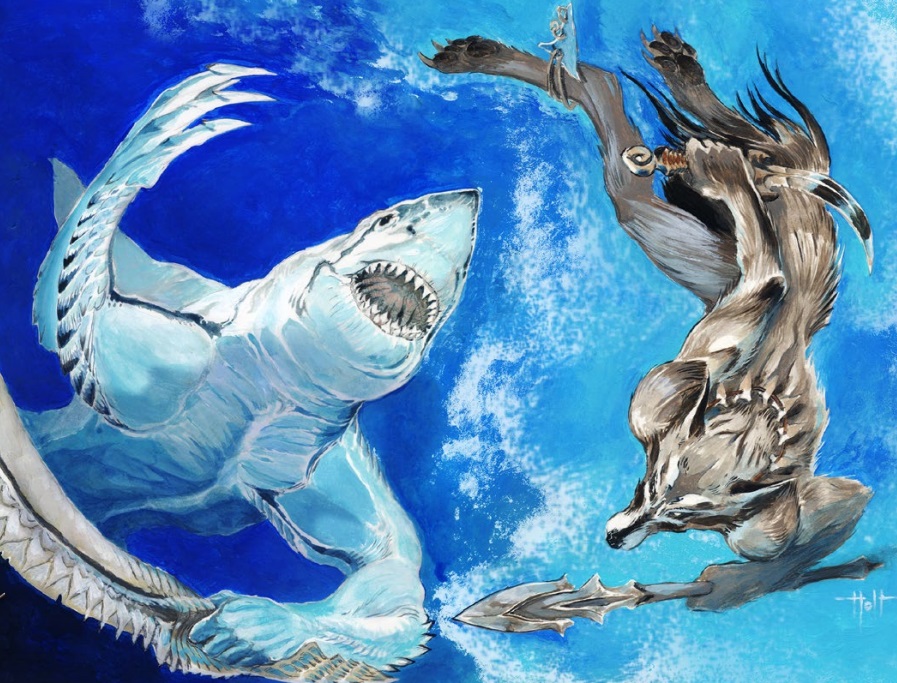

The Ministry of National Development and NParks will review the feedback received before finalising the proposed amendments to the Act, said Mr Tan. Mr Tan also launched a month-long public consultation for the proposed amendments to the Endangered Species Act.įrom Nov 12 to Dec 12, the public can share their views here, or e-mail NParks. Mr Max Khoo (right), a manager in NParks' Wildlife Management division, showing an African elephant tusk to Minister of State Tan Kiat How. "We therefore need to take active steps to ensure that our regulations and enforcement tools remain up to date and effective." Speaking at Friday's media briefing, Minister of State for National Development Tan Kiat How said: "Illegal wildlife trade is highly profitable and smugglers are constantly on the lookout for loopholes to exploit. Increasing wildfire, insect outbreaks and tree diseases are causing widespread tree die-off. Sea level rise, erosion, inundation, risks to infrastructure and increasing ocean acidity pose major threats. NParks said it hopes to table the Bill in Parliament in March next year. Changes in the timing of streamflow reduce water supplies for competing demands. NParks will also clarify the documents needed for Cites species in transit or trans-shipping through Singapore, and align the Act more closely with Cites resolutions, which provide recommendations to ensure that international trade in wildlife does not threaten their survival. For instance, animal hybrids of endangered species will be classed as full species in order to include them in the Act.Ĭonversely, faeces, urine and vomit - such as whale vomit or ambergris, which is used to make perfume - are excluded from the Act. It also proposed to clarify the Endangered Species Act to provide greater clarity to traders on the regulation of animal hybrids and animal excretion, among others.


 0 kommentar(er)
0 kommentar(er)
